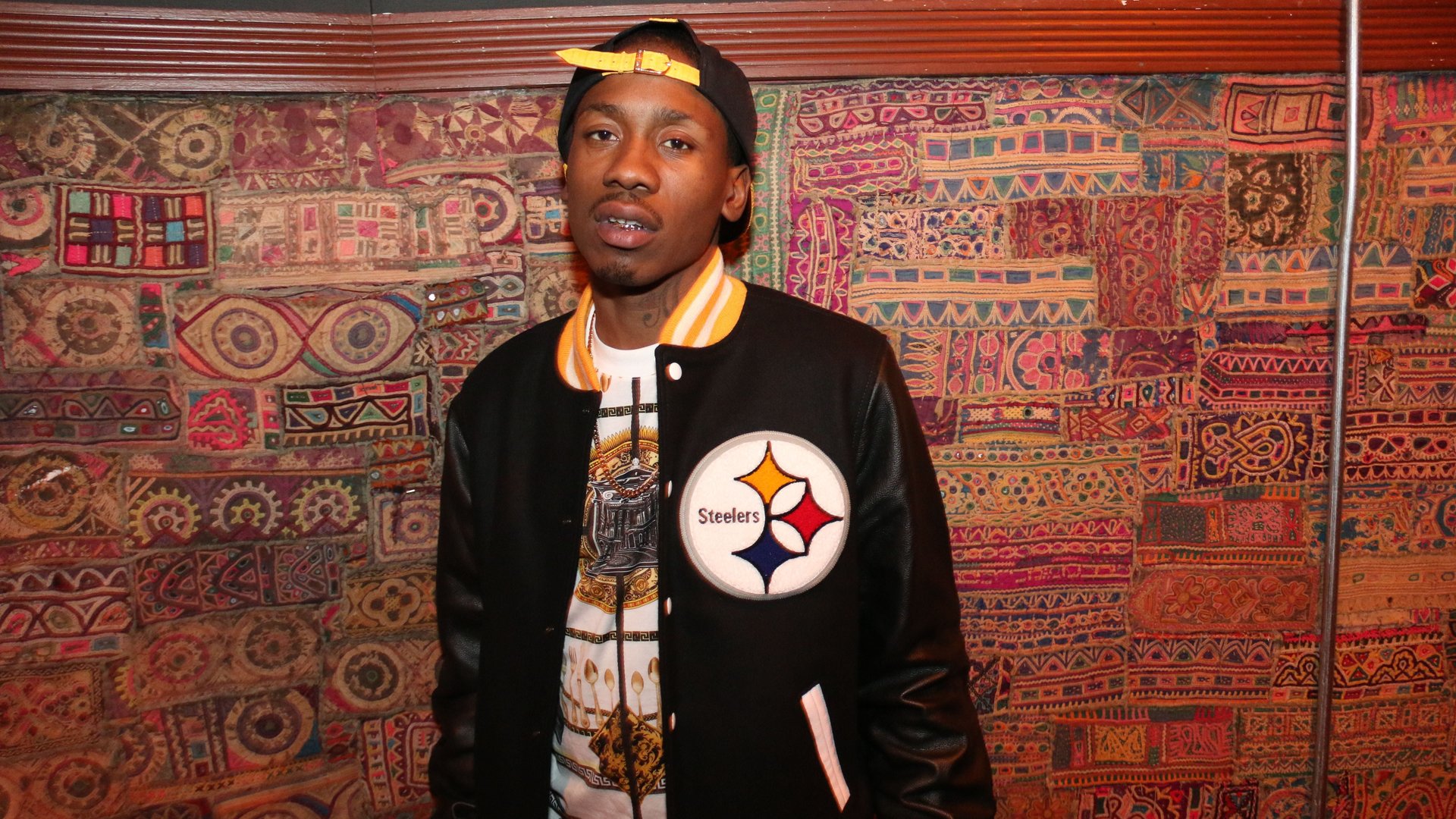Fortnite is being sued for appropriating dance moves from black artists
Rapper 2 Milly is suing Epic Games, the makers of Fortnite, for allegedly using and profiting from, without permission, a dance move he created.


Rapper 2 Milly is suing Epic Games, the makers of Fortnite, for allegedly using and profiting from, without permission, a dance move he created.
The dance move in question is the “Milly Rock,” which 2 Milly—whose real name is Terence Ferguson—popularized in a music video on YouTube in 2014. The move has since been widely recreated, even by celebrities like Rihanna and the Manchester United soccer team, and in July 2018, a Fortnite emote imitating the dance called “Swipe It” became available. (Emotes are lifelike actions that players’ avatars can carry out.)
Notably, players could only access the emote after purchasing a $10 battle pass—Fortnite, which is free to play, makes millions of dollars each day from such in-game purchases. While players can no longer access the emote, their characters can still perform it if they obtained it in Fortnite season five. 2 Milly wants it completely removed from the game.
The lawsuit, filed Wednesday (Dec. 5) in California district court, alleges that Epic Games “unfairly profited from exploiting Ferguson’s protected creative expression and likeness.” What’s more, the suit says, “Epic has consistently sought to exploit African-American talent in particular,” before claiming that dance moves by other black artists such as Snoop Dogg, Alfonso Ribeiro, Will Smith, and Donald Faison have also been turned into emotes without consent.
While Fortnite has created emotes out of dance moves from people who are not black, like the “floss dance” originally performed by Russell Horning (aka the “backpack kid”), 2 Milly’s lawyers point out that there is also a race issue at hand. “There seems to be this disrespect and undervalue, or lack of appreciation, for African-American talent,” David L. Hecht, one of 2 Milly’s lawyers, told The Washington Post (paywall).
Earlier this year, Chance the Rapper also criticized Fortnite for appropriating content by black artists without credit or compensation.
Faison, who is best-known for starring in the TV show Scrubs, and whose spontaneous dance on one episode was also turned into a Fortnite emote, had previously joked on Twitter about consulting a lawyer.
But as The Verge points out, 2 Milly’s lawsuit is the first formal legal challenge against any video game for appropriating pop culture, which many mainstream games have done in the past. The lawsuit states that 2 Milly filed an application to copyright the Milly Rock on Dec. 4.
Dance choreography is protected under the Copyright Act of 1976, but the law does not necessarily protect individual dance moves or simple parts of routines. (This explainer video by Insider covers the legal debate.) However, if Fortnite’s developers created the emotes based on popular dances by “coding still frames of the source material,” as the lawsuit alleges, there could be significant cause for Fortnite to worry.
In an interview with TMZ, 2 Milly emphasized that he is mainly focused on getting “fair compensation” from any revenue linked to the “Swipe It” emote specifically. In reference to how Fortnite copied the dance move without his permission, “We can’t do that type of business,” 2 Milly said.
In a statement to Quartz, Epic Games said they do not comment on ongoing litigation.